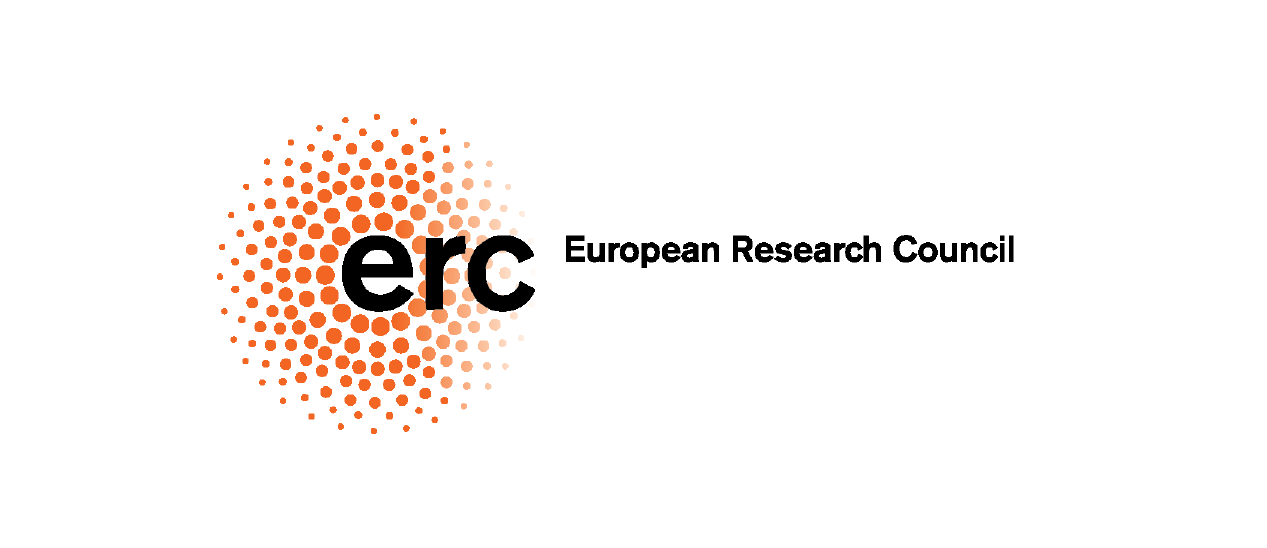Research in Portugal receives four more Starting Grants from the European Research Council

The European Research Council (ERC) announced today, 5 September, the 400 projects selected in the Starting Grants 2023 Call, including four projects by researchers working in Portugal. The funding for these four projects ranges from 1.5 to 2.5 million euros, totalling 7.7 million euros. Additionally, the Call has funded three projects led by Portuguese researchers who are conducting their research abroad.
The four winners doing research in Portugal are:
- Carlos Minutti, from the Champalimaud Foundation, with the project “Conventional Dendritic Cells – Ecology, Diversity, and Function“, which aims to uncover the functional and developmental heterogeneity of cells that are associated with the initiation of immune responses to pathogens and tumors;
- Inês Pereira, from the University of Coimbra, with the project “FINGERprinting cold subduction and Plate Tectonics using key minerals“, on the subject of the evolution of plate tectonics and trying to answer the question of when they appeared on Earth;
- Giulia Ghedini, with the project “Mapping metabolic responses to understand coexistence and community functioning”, aimed at evaluating how metabolic responses to competitors affect coexistence and community dynamics in marine phytoplankton;
- Ilana Gabanyi, leading the project “Trafficking mechanisms and physiological factors mediating a direct gut microbiota-brain neuron interaction”, with the aim of deciphering the direct communication of signals from the gut microbiota to neurons, both from the Instituto Gulbenkian de Ciência;
Three projects led by Portuguese researchers were also selected for funding, totaling 4.5 million euros:
- Fernando Santos, from the University of Amsterdam and with a background in Instituto Superior Técnico, with the project “Responsible Link-Recommendations in Dynamic Environments“, aims to investigate the long-term effect of link recommendation systems on social networks and design new algorithms that can improve these systems for better social benefits;
- Diana Pinheiro, from the Research Institute of Molecular Pathology in Vienna and with a PhD at ICBAS (University of Porto), is leading the project “Coupling morphogen dynamics with mechanics in the control of form and pattern“, with the aim of studying the biophysical mechanisms associated with the formation and development of embryos.
- Ana Gomes, with a training background associated with iMM and the University of Lisbon, and currently at the University of Montpellier and CNRS, will lead the project “Cell cycle progression in malaria parasites“, representing another ERC-funded project in this area and with a link to SNCT institutions to understand how the cell division cycle is coordinated and controlled in plasmodium, the causative agent of malaria.
With these results, research carried out at SNCT institutions has raised around 78 million euros in funding from the European Research Council since the start of Horizon Europe (2021-2027), the European funding framework programme for research and innovation.
FCT News